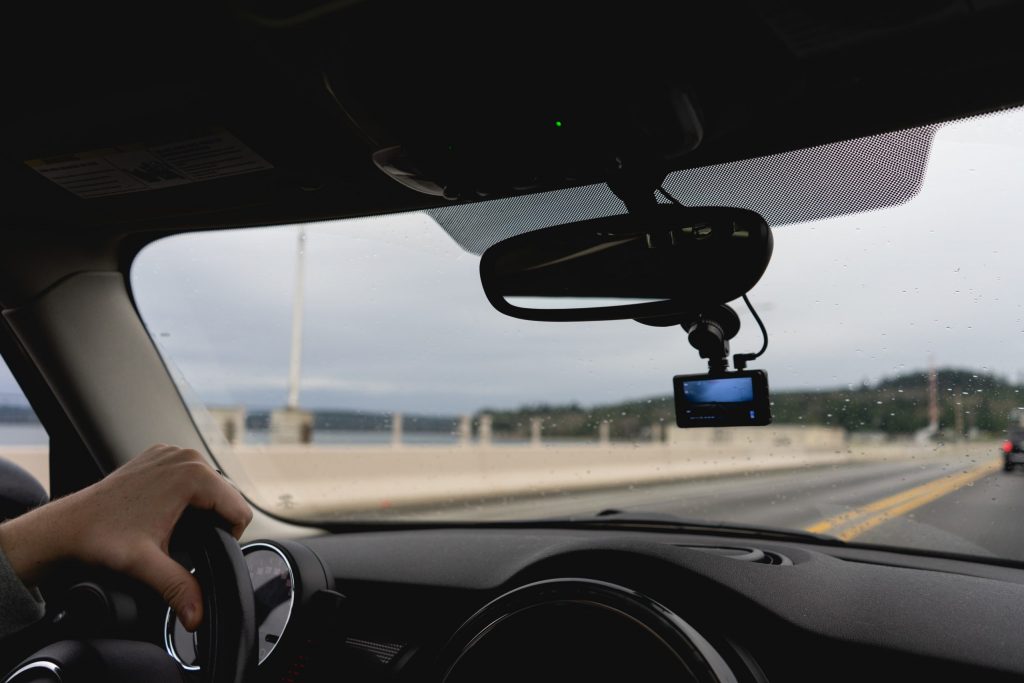Do you feel threatened and worried that a dash cam had recorded a car accident in which you can be held liable? Have you also wondered whether dash cams are legal to use in traffic? So, can dash cam footage be used against you?
Let me tell you how and when it is used against you so that you will know what to do and how to react in any given situation. Let’s begin!

Can Dash Cam Footage Be Used Against You?
A dash cam footage can certainly be used against you, but only if the image and video have good quality and have not been tampered with or modified in any way. This means that the footage can be used as concluding evidence in court.
Many people use dash cams but don’t know if they are legal and whether or not they can dispute the footage in court. I will get into more detail about these two topics in the following sections.
Are Dash Cams Legal?
Dash cams are legal worldwide, but that legality may depend on the mounting position. Federal laws permit dash cams in the United States, but not all state laws do. You may ask why some states still consider dash cams illegal if federal law allows them.
The problem is mainly due to the placement and position of the camera on the dashboard. Many states claim that improperly placed on the windshield, a dash cam obstructs the driver’s view and may lead to serious consequences.
Another thing that is also illegal about dash cams is to use them to record audio secretly. This is considered illegal by many states, as it goes against people’s privacy, which is protected by law.
Can a Police Officer Seize Your Dash Cam?
If needed, I’ve already mentioned that the dash cam footage can be considered conclusive evidence in court. Since it is evidence, it also means that a police officer can easily seize it if the situation demands it.
If a police officer asks you for the dash cam, and you refuse to give it to them, they might take it by force or request a warrant to seize it. If the dash cam has recorded footage of a crime that involves the loss of human life, a police officer may take it immediately and without question.
An important thing to remember is that even though a police officer can seize your dash cam, they do not have the right to review or delete any footage recorded. Instead, they must only take it into evidence and present it to the court if asked.
Read more: Can Police Demand Dash Cam Footage?
Can You Dispute a Dash Cam Footage?
Now that you know if and when can dash cam footage be used against you, you should also know when there are several grounds on which you can try to dispute its validity. I’ve outlined the ones below, but there are others as well.
Based on the NIP (Notice of Intended Prosecution)
Receiving a NIP does not mean that you’re facing immediate prosecution but that you may face a potential one in the future. This notice must be served within 14 days of committing the offense. Otherwise, it will not proceed to court.
Your defense would be to be aware of the timing, and if you don’t receive a NIP within those 14 days, you can dispute the dash cam footage because you received no notice.
Based on the position of the dash cam
If the dash cam was positioned improperly and against the law, obstructing the driver’s view, then you can dispute the footage based on that fact. An unsafely positioned dash cam inside the vehicle will impose a fine on the driver and render the footage unacceptable, as evidence in court.
Also read: Can You Report Bad Driving With Dash Cam Footage?
Based on the footage quality and anonymity
As I’ve mentioned at the beginning of this article, dash cam footage must not be tampered with or modified to be used as evidence in court.
According to some state laws, the footage must be high-quality, with at least two minutes recorded before and after the incident. The footage must also be kept anonymous, meaning that any public publication on public or social media will render it useless.
